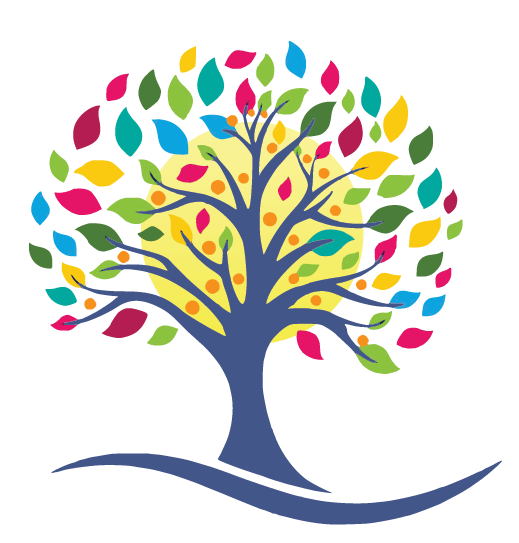23 August 2024 | Just for Today
Decision making
Before we got clean, most of our actions were guided by impulse. Today, we are not
locked into this type of thinking.
Basic Text p. 87
Just for today: I will use the principles of the Twelve Steps to make healthy
decisions. I will ask my Higher Power for the strength to act on those decisions.
Navigating Decisions in Recovery
Embracing a New Way of Living
Decisions shape our lives, influencing our paths and determining our futures. For those in recovery, making thoughtful and deliberate choices can be both a challenge and a triumph. The meditation for August 23 in "Just For Today" sheds light on this journey, emphasizing the shift from impulsive, disease-driven decisions to conscious, principled choices. As highlighted in the Basic Text, "Before we got clean, most of our actions were guided by impulse. Today, we are not locked into this type of thinking" (p. 87). This transition marks a significant milestone in our recovery process.
The Influence of Impulse in Active Addiction
In the throes of addiction, our decision-making process was often clouded by the compulsion to use. Impulse ruled our actions, leading to choices that were frequently self-destructive and harmful. Decision making felt like a rigged game—one that seemed better to avoid entirely than to navigate poorly. The immediate gratification sought in addiction often overshadowed any long-term considerations, leaving a trail of adverse consequences.
The Struggle to Make Healthy Decisions
As we embark on the path to recovery, learning to make healthy decisions can be daunting. The ingrained habits of impulsivity and self-destructiveness don't vanish overnight. However, the Twelve Steps offer a structured approach to decision making that fosters growth and positive change. By working these steps, we gradually learn to make choices that align with our values and lead to constructive outcomes.
The Twelve Steps as a Decision-Making Framework
The Twelve Steps provide a powerful framework for decision making in recovery. Here’s how they guide us:
- Self-Inventory: We begin by taking a thorough inventory of our values and actions. This reflective process helps us understand our motivations and the impact of our choices.
- Seeking Guidance: Consulting with someone we trust provides an external perspective, helping us to see our decisions more clearly and avoid potential pitfalls.
- Asking for Divine Assistance: By asking our Higher Power to remove our shortcomings and guide us, we align our decision-making process with a higher purpose and seek strength beyond our own.
- Acting with Courage: Recovery empowers us to act on our decisions with confidence, supported by our faith and the principles we have adopted.
Moving Beyond Disease-Driven Decisions
One of the most empowering aspects of recovery is the ability to make decisions free from the influence of our disease. Our faith and the principles of the Twelve Steps provide the courage and direction needed to make choices that contribute to a fulfilling and balanced life. The process of making decisions becomes less about avoiding failure and more about pursuing a life worth living.
Embracing a New Way of Living
By applying the principles of the Twelve Steps to our decision-making process, we cultivate a more thoughtful and deliberate approach to life. We recognize that each decision has the potential to either enhance or hinder our journey. Through prayer, reflection, and guidance from our Higher Power, we build a foundation for making choices that align with our values and support our well-being.
Just for today, let us commit to using these principles to guide our decisions. With the strength of our Higher Power and the wisdom gained from our recovery work, we can navigate life’s choices with clarity and purpose. Each decision made with intention and integrity paves the way for a healthier, more rewarding life, reinforcing our recovery and enriching our experience.


